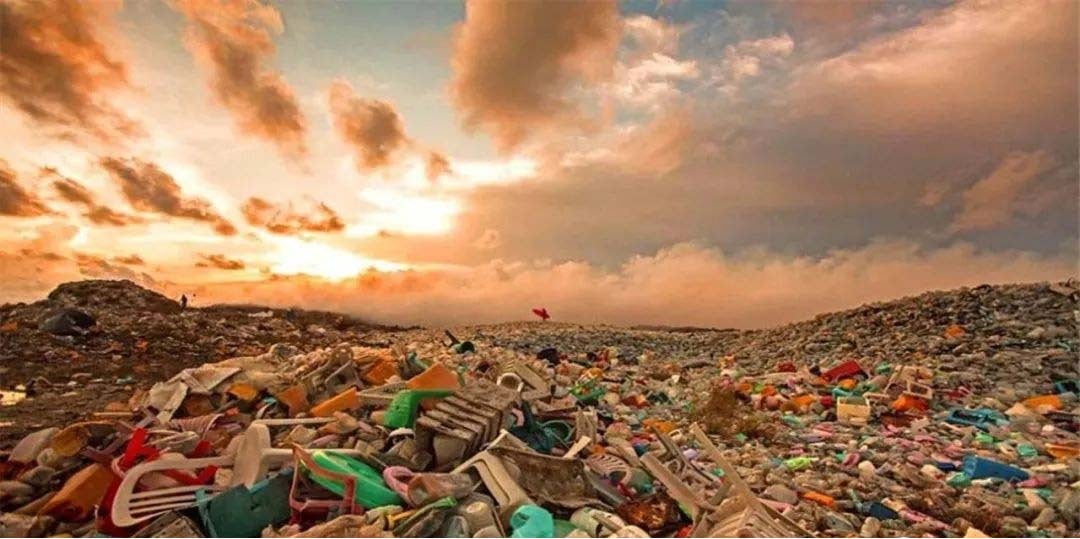The Union-Tribune reports on Feb. 16: Scientists warn that the chemical and plastic waste produced globally has greatly exceeded the limits of human or planetary safety, and the world urgently needs to set a cap on related production.
Research by the Stockholm Centre for Socio-Ecological Systems Resilience and Development Research in Sweden shows that global chemical production has increased approximately 50-fold since 1950 and is expected to triple again by 2050. between 2000 and 2015, global plastic production increased by a whopping 79 percent.

Study co-author Almros said the environmental impact of man-made chemicals has been large enough to impact critical functions of the Earth and its systems.
It is estimated that there are approximately 350,000 man-made chemicals on the market, including plastics, pesticides, industrial chemicals, chemical ingredients in consumer products, antibiotics and other pharmaceuticals. A large number of these chemicals end up in the environment, affecting biodiversity and putting greater pressure on ecosystems.
About 367 million tons of plastic are produced globally each year, but less than 10 percent of it is recycled. Recent studies show that the total weight of plastic on Earth is four times greater than that of all living things.
Scientists are calling for more measures to prevent chemical waste from entering the environment and advocating for restrictions on the production of such products.
Most man-made chemicals have been introduced in the last 70 years, and there is still little understanding of how these "novel entities" affect the ecosystem, and safety data on the products often do not exist or are classified as corporate secrets. Almros said, "These pollutants are appearing in the environment at a rate that far exceeds the ability of governments to assess global and regional risks, let alone to contain any potential problems."
There is still a way to reverse this situation, but it requires urgent and decisive action by the international community, Almros added.
She stressed that no matter how much effort is put into the production or waste management phase, reducing production is necessary because "the more you produce, the more you release into the environment.

